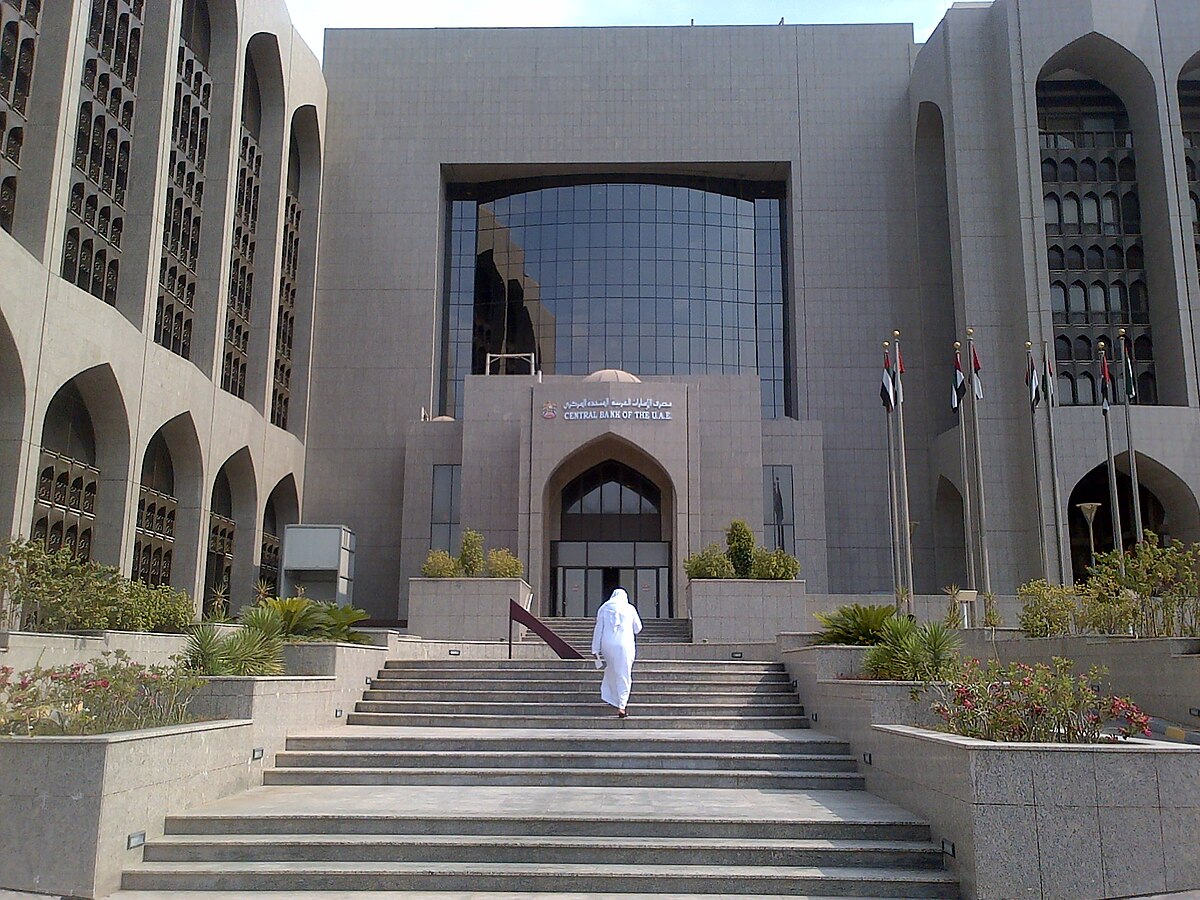How UAE Central Bank Policies Shape Your Mortgage Rates
The UAE Central Bank plays a pivotal role in steering the nation’s real estate market through its monetary policies and mortgage regulations. Understanding these rules isn’t just for economists – it directly impacts what you pay for your home loan. From setting loan-to-value (LTV) caps to influencing interest rate trends, the Central Bank’s decisions create ripples across every mortgage application in the Emirates.
The Role of UAE Central Bank Mortgage Rules
The UAE Central Bank implements mortgage regulations primarily to ensure financial stability and protect both lenders and borrowers. Key policies include:
- Loan-to-Value (LTV) Caps: Limits how much you can borrow relative to a property’s value. For first-time buyers, LTV is capped at 80% for expats and 85% for UAE nationals.
- Debt Burden Ratio (DBR): Restricts your total monthly debt repayments (including the proposed mortgage) to 50% of your gross monthly income.
- Mortgage Caps for Second Homes: Lower LTV ratios apply (typically 60-70%) for investment properties or secondary residences.
- Interest Rate Framework: While not setting direct rates, the Central Bank’s benchmark rates (like EIBOR) heavily influence lenders’ pricing.
Direct Impact on Mortgage Interest Rates in the UAE
The Central Bank’s monetary policy directly feeds into your mortgage interest UAE calculations:
- Benchmark Rates: Changes to the Central Bank’s base rate (aligned with US Federal Reserve moves) directly affect variable mortgage rates tied to EIBOR.
- Liquidity Management: Policies like reserve requirements or interbank lending rates influence banks’ cost of funding, which they pass on to borrowers.
- Market Stability Measures: During economic uncertainty, the Central Bank may inject liquidity or adjust rates, indirectly pressuring lenders to offer competitive fixed or variable rates.
Broader Implications of UAE Housing Finance Policy
Beyond interest rates, the Central Bank’s housing finance policy shapes the entire market:
- First-Time Buyer Support: Higher LTV caps for nationals and residents lower entry barriers into ownership.
- Market Cooling Measures: Stricter LTVs on expensive properties (over AED 5 million) or investment homes prevent speculative bubbles.
- Banking Sector Health: DBR limits reduce default risks, ensuring lenders remain stable even during economic downturns.
- Foreign Investment Climate: Predictable mortgage regulations boost international investor confidence in UAE real estate.
Navigating UAE Mortgage Rules as a Borrower
To optimize your mortgage application under current UAE Central Bank policies:
- Check Your Eligibility: Use online DBR calculators to assess your borrowing capacity before property hunting.
- Compare Fixed vs. Variable: Assess your risk tolerance – fixed rates offer certainty, while variable rates may be lower initially but fluctuate with Central Bank moves.
- Factor in All Costs: Remember that LTV caps mean you’ll need significant cash for down payments (20%+ for expats) plus registration fees and agent commissions.
- Monitor Policy Updates: Central Bank rules evolve. Subscribe to reputable UAE financial news sources for real-time updates affecting mortgage accessibility.
The Future of UAE Mortgage Regulations
The Central Bank continually reviews its policies to balance market growth with risk management. Potential future developments include:
- Green mortgage incentives for energy-efficient properties
- Digital mortgage processing frameworks leveraging AI and blockchain
- Revised LTV/DBR ratios responding to major economic shifts
- Enhanced consumer protection standards for mortgage contracts
Smart Borrowing in a Regulated Market
UAE Central Bank policies create a structured, secure environment for home financing. While LTV caps and DBR rules require careful financial planning, they prevent unsustainable debt burdens. By understanding how mortgage interest UAE rates connect to Central Bank benchmarks like EIBOR, and staying informed about evolving UAE housing finance policy, you position yourself to secure favorable terms. Partner with mortgage advisors who can translate regulatory complexities into actionable borrowing strategies tailored to your homeownership goals.


Leave a Reply